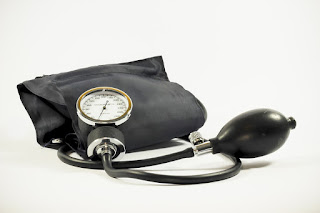Written By: Rachael Kaine
Struggling Through Your Internal Medicine Residency?
Years of medical school should have prepared you for sleepless nights, heavy workloads and disgruntled or stubborn patients. Even though this is true, the time you spend in a residency is going to be unlike anything you’ve experienced before, as it is meant to be the final step before allowing you to practice on your own as a licensed medical professional. The stress, anxiety and desire to be done and free to practice are natural feelings, but there’s really nothing that can be done in order to make the time go by faster except to understand that your internal medicine residency will, in fact come to an end, leaving you with the experience and preparation that you need to be a successful medical practitioner.
Things to Remember During an Internal Medicine Residency
- Stay focused by allowing yourself some “me” time. This might sound like common sense, but many residents are consumed by the need to study and work so that they can stay ahead of their assignments, forgetting to take a necessary break. This break time can be something as simple as treating yourself to a nap in the middle of the day when possible, or taking yourself out for a nice meal - even buying yourself a small gift like a new pair of shoes or a coat that you’ve had your eye on. Appreciate the small things, and take some time to give yourself a breather in order to step away from your busy schedule.
- Make the most of your surroundings. Some people will be able to reset and recharge by giving themselves an hour or two a week to take in the city or area that their residency is located in. An internal medicine residency program Baltimore offers residents the chance to explore the coast, visit the nation’s capital and experience beautiful scenery and a plethora of different types of people. Since your residency program will take multiple years, becoming familiar and comfortable with your surroundings is a great way to relax and make the program feel less like a chore and more like actual life.
- It’s ok to ask questions; you’re never going to be truly on your own. During an internal medicine residency Baltimore, you’ll be given the opportunity to work on your own and make decisions,but there’s always going to be a senior resident or an actual hospital employee’s watchful eye on you. This gives you a chance to become confident in your skills, but at the same time, gives you a reference point if you need it. Asking questions is the only way to learn, and it’s better if you get clarification rather than make a mistake, which takes a great deal of pressure off of you.






